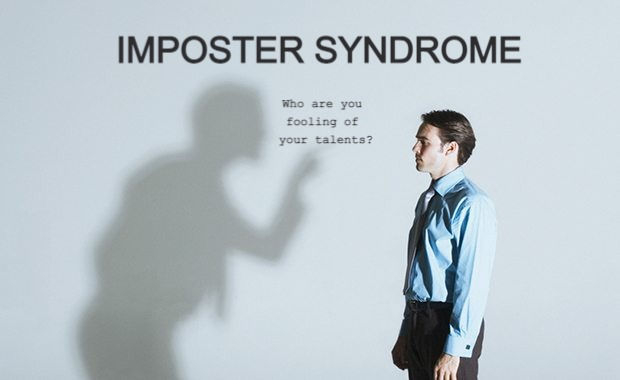Sad Clown Paradox: Smile on the outside, Frown on the inside
- Neha Mishra

- Jul 31, 2020
- 3 min read
Updated: Aug 30, 2020
(If this article is too long, read in Tidbits.)
There lived a little boy in an unfortunate family. With an older sibling and only his mother, he saw his miniature figure placed in a world that looked oversized & over-troubled for a tiny soul like his. His mother was an actress and a singer in a theater. His father died when he was 10 y/o. They were poor to the extent that it was difficult to get food for all, twice a day. His mother cracked her voice one day and could no longer sing. That was when this little boy was introduced to stage and theatre and his journey as an entertainer began, from musician to a comedian, for the sake of survival in an absurd world. But I’m not here to tell you a fairytale. So the time was early 20th century and the little boy was Charlie Chaplin. A timeless comedian but his films (self-produced) involved more than comedy. He made films on poverty, capitalism, politics, and so on. After all, comedy is a fine tool to uncover the truth without waging war.

The tragedy of comedy is that the most renowned comedians have had a difficult childhood, they still suffer from anxiety and stress and they tend to find solace or validation in making people laugh. Sad Clown Paradox is that the mind behind the laughter is most of the time, distressed. A professional comedian/comic's troubled mind deals with complexities and atrocities of the world with a humorous perspective because that is the only way they can deal with it. Refer to it as an escape mechanism for a bothered mind.
Escape. Humor is an escape for a 9 to 5 office-goer, a boredom killer for a student, an opportunity to laugh for any anxious person and we tend to forget the seriousness of the world that surrounds us while we laugh. Mark the irony though that we'll laugh at the same or far bigger problems while listening to a stand-up comedy than we face and cry over in our life.
Sadly, the comedians who reach the pinnacle of their comic career are unable to laugh at their jokes. Yes, the world and its norms are absurd but they've realized the extremes and severity of the problems before they declared it foolish and laugh-worthy.
Ever seen the painting of a sad clown? With the huge smile painted on the face, the curvature of lips expresses the opposite.

We all will agree that tragedy and comedy are two distant poles of emotion but psychology tends to draw the line connecting these poles (quintessentially it is a paradox). In the book "Pretend the World is Funny and Forever: A Psychological Analysis of Comedians, Clowns, and Actors" published by Seymour and Rhoda Fisher it is pointed out why the great comedians of all times took to comedy at all:
Petty behavior and comic figuring brought them attention and validation when their peers laughed
For addressing daunting problems of life and world in the least painful way
They considered spreading laughter an altruistic behavior (a selfless contribution to the well-being of the listeners).
If you've watched the movie Joker you'd know that Arthur Fleck (the character) as a man in society was distressed and his emotional turmoil lay inside of him. The sentiments were usually repressed. In the guise of a joker did he find the freedom of projecting out the darkness he had been living with.

The projected personality (ego), the one we live with, is usually not the real and intimate personality of the person. Ego however similar to the inner motivations is still distinct from what we call alter ego. Alter ego is our inner personality with the rawest and unfiltered passions and emotions. Alter ego is also the closest thing to our usual personality. Talking of a guise, clowns or actors need a mask, a guise, or an identity to play out the raw emotions and vulnerabilities that hide inside of them.
As for artists, we can say that their art is their mask if you think of it.
Place a man in the middle of a war, amidst the bloodshed, and heap of lifeless bodies. If he starts laughing he is crazy or a psychopath. War is terrible, horrific, damnation, an incredibly tragic incident for countless people, but for this man, it is absurd and stupid before it is any other thing. That is the perspective of a comedian.
Dark humor is an impactful genre for the paradox it plays out very much like the association of innocent dolls and horror. The only difference is dark humor is more real and common than a haunted doll is. Fallen, hurt, broken, bereaved, running around, feeling tiny in baggy clothes and big boots in this huge world, the tramp that Chaplin played made us laugh, just like many other big-time comedians. And while we laughed, it didn’t hit us if they just (maybe)….





Comments